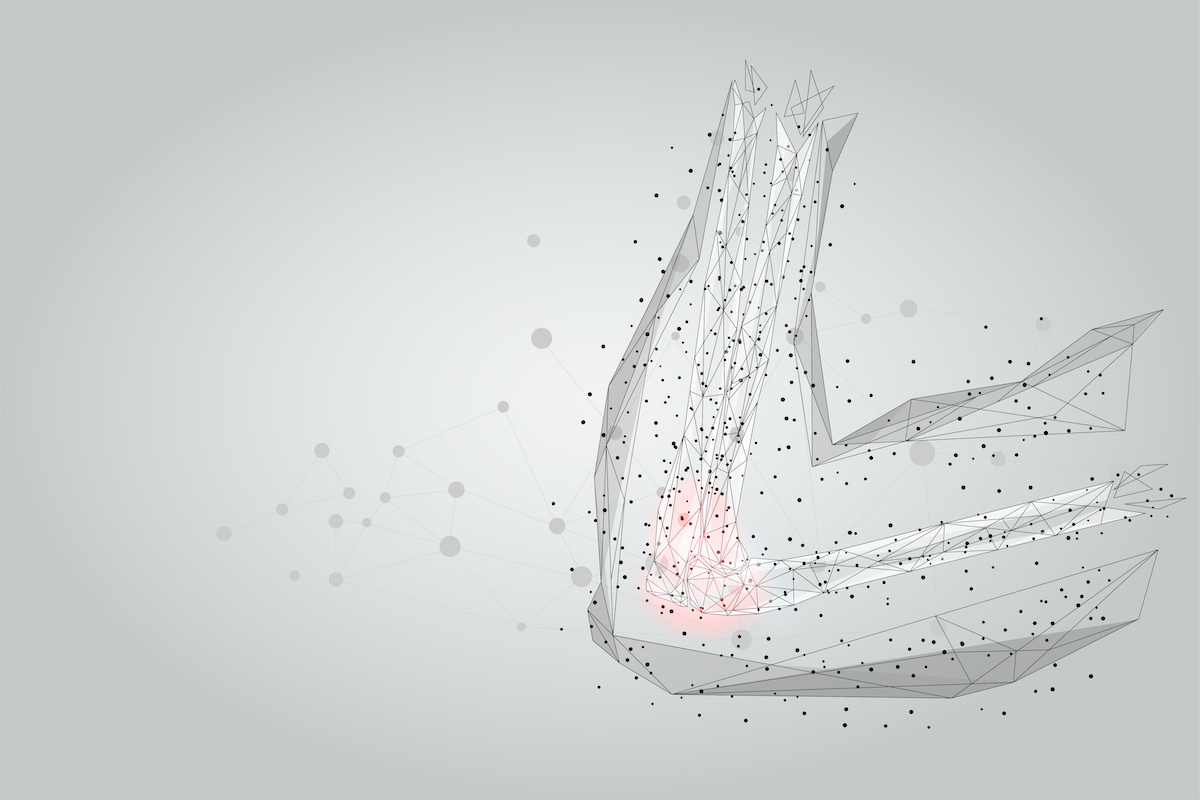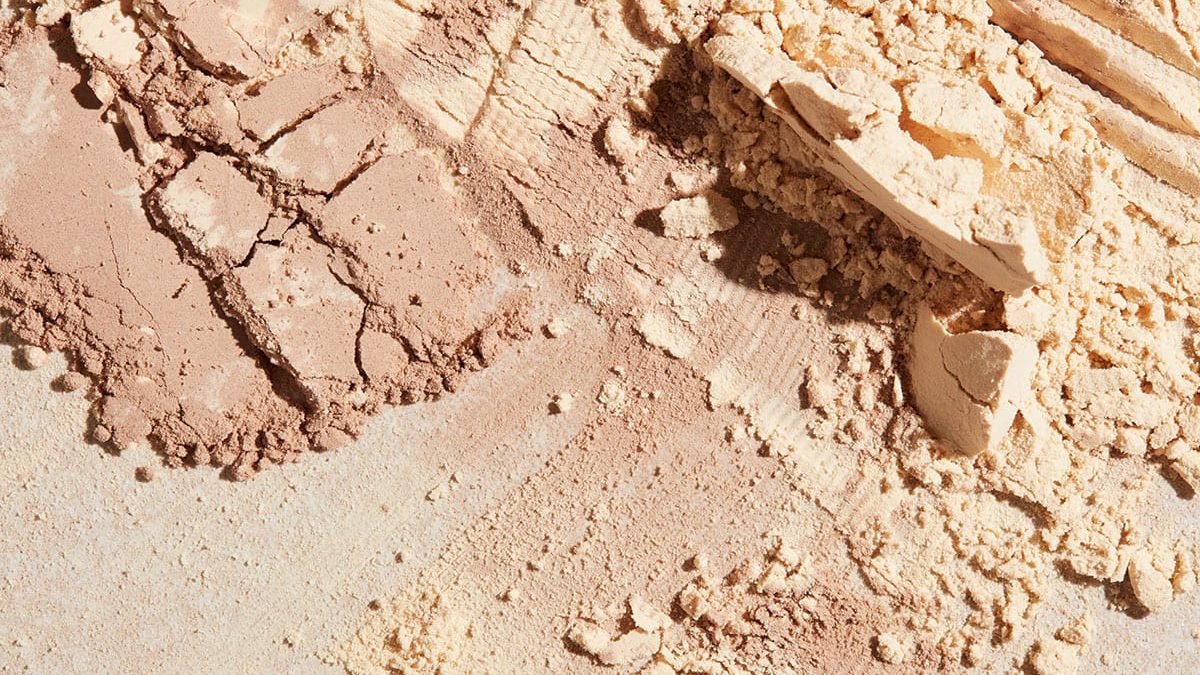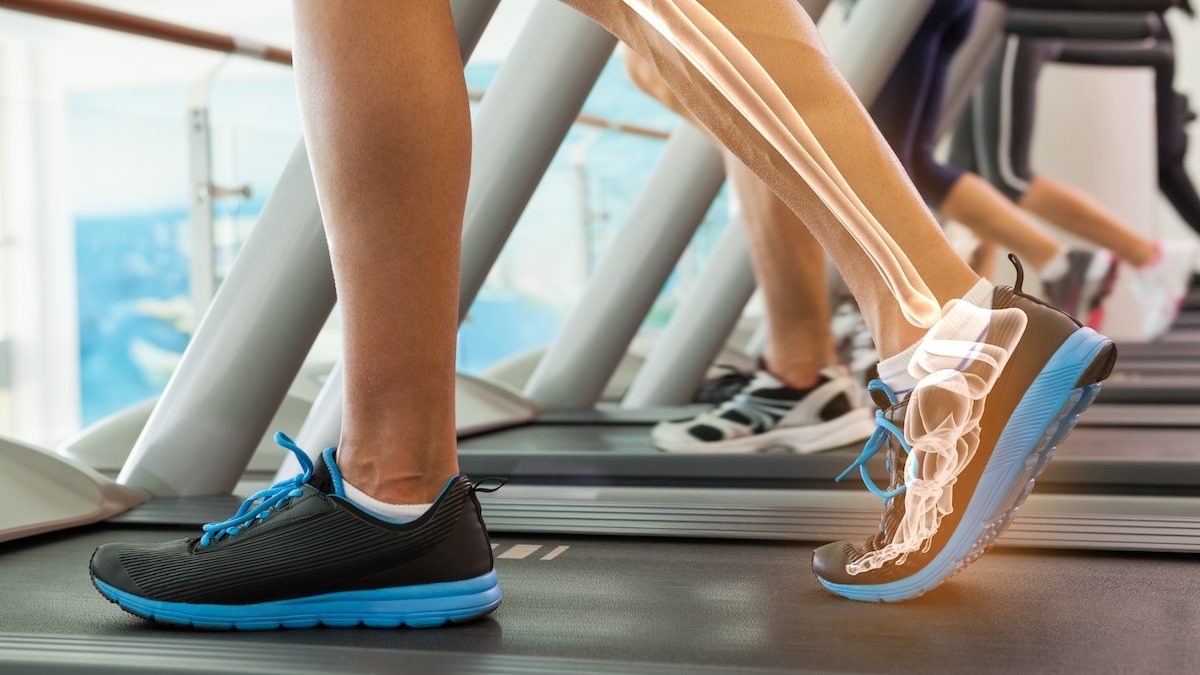Protein Beyond Muscle: Why the Macronutrient Is Important for Good Bone Health

Protein equals muscle. Well, it’s a bit more complicated than that, but yes, the macronutrient is essential for muscle growth, strength, and repair. We understand that in our modern culture where the gym has become hyper-ubiquitous, most people look at protein, and certainly shakes, as solely something to help fuel their muscles. But you might not know that protein consumption is fulfilling a huge swathe of other bodily needs, from hormone regulation to bone health.
It’s the latter that we start with in this new content series from Form’s head of nutrition, Dr Adam Collins, which looks at these benefits and fully dissects them to help you understand what’s really going on while highlighting the importance of protein beyond those hard-earned gym gains.
Why Is Protein Important For Bone Health?
When it comes to nutrition and your bones, many people appreciate the role of calcium, and indirectly vitamin D, but protein is also a key influence. This would seem obvious given that 50 percent of bone, by volume, is made up of protein, contributing a third of the weight of the skeleton. Indeed, the calcium — plus phosphorus and other minerals that make up bone — are held in a protein matrix, consisting predominantly of collagen, but also other non-collagenous proteins.
Beyond a structural role, protein also influences bone formation in other key ways. Firstly, certain amino acids like arginine help absorb calcium through the gut wall, and into the blood. But more influential is the fact protein increases production and activity of the hormone insulin-like growth factor 1 (IGF-1). Plus, more specifically, the presence of amino acids increases IGF-1 production by the osteoblasts, the cells responsible for bone formation.
IGF-1 increases the production of the active form of vitamin D in the kidneys (1,25 Dihydroxyvitamin D), which in turn increases calcium and phosphorus absorption at the intestines via increased parathyroid hormone (PTH). IGF-1 one also directly increases retention of phosphorous via the kidneys too.
The upshot of all of this is that protein is a significant promoter of bone formation via what has been coined the “IGF-I, skeletal health axis”.

Controversies Over Protein And Bone Health
These mechanistic effects of protein on bone have explained why, in many observational studies, there is a positive relationship between protein intake and markers of bone health, for example with increased bone density. However, some suggest that high protein intakes can be detrimental to bone due to disturbances in the acid-base balance. In particular, high intakes of sulphur-containing amino acids (e.g. methionine and cysteine) are known to increase internal acid production (sulphuric acid), require more buffering.
To offset this, calcium is liberated from bone to help buffer the acid load, leading to more bone resorption (bone breakdown). This negative effect of protein is also believed to be worse on diets high in animal protein, as these contain more sulphur-containing amino acids. Although plant-based proteins can equally be high in sulphur-containing amino acids too.
These proposed negative effects of protein remain today, despite the fact these relatively early studies have subsequently been rebuffed. While it is true that increased protein intake is associated with increased calcium loss through the urine, this is not a consequence of calcium being lost from the bone.
Using more sophisticated measures of calcium kinetics (movement), we know now that any calcium loss through buffering is more than compensated for by the increased calcium absorption in the gut associated with the higher protein. Indeed, two main meta analyses in the last 10 years have confirmed that there is no negative effect of high protein intake on bone health and that a low protein intake is more detrimental.

Protein For Optimal Peak Bone Mass
During the life course, you are mostly laying down new bone and increasing bone density during the first three decades of life, and particularly through early childhood and adolescence. Then during adulthood, bone mass remains stable, declining gradually over the decades, and then further decreasing as you get into your elderly years. When it comes to bone health, one of the key factors is ensuring that people achieve the best peak bone mass.
Indeed, given the natural decline in bone mass with ageing, it helps if you start with the highest bone mass to begin with. Obviously, good nutrition is key to helping achieve peak bone mass, and adequate intakes of calcium and vitamin D are important. However, protein intake has been shown to be a significant factor in aching peak bone mass, particularly in older children and adolescents, as well as younger adults, where it may supplant calcium in terms of importance.
This critical period of bone growth is also emphasised in females more than males, given that the rate of decline in bone mass post menopause is far greater. Moreover, it has been suggested that Caucasian females may reach peak bone mass earlier, and so have a smaller window of influence.
Added to this, physical activity and exercise are also large influences on bone health, particularly any weight-bearing exercise where there is a load through the skeleton (which includes walking and running). By association, protein will be needed to help support this stimulus of bone growth and repair. Particularly shown in key bones such as the femur. So, for young, active females you could argue the importance of protein beyond just the muscles.

Slowing Bone Loss From Ageing And The Menopause
We have already established that having good peak bone mass will mean that you are starting with the maximum amount of bone mass when age-related decline in bone mass inevitably happens, but you will also want to try and slow the decline (or loss) of bone as much as you can.
Higher protein intake has been associated with lower rates of bone loss in older adults, in particular elderly adults, for several reasons. Firstly, there is the mechanistic effect that protein has on calcium absorption and bone mass retention. Secondly, the role that protein has on the general maintenance of skeletal muscle, maintaining functionality, mobility, and capacity for weight-bearing physical activity. But thirdly, older adults tend to have lower overall energy (calorie) intakes and by association have lower absolute levels of protein.
Put together, maintaining protein intakes is very important as you age, particularly in the much older years, but from a potentially younger age in women due to post-menopausal changes. That is not to say you need large doses of protein to offset all this, but small regular intakes or supplements of 15-20g protein can be a good strategy, particularly in the elderly.


















